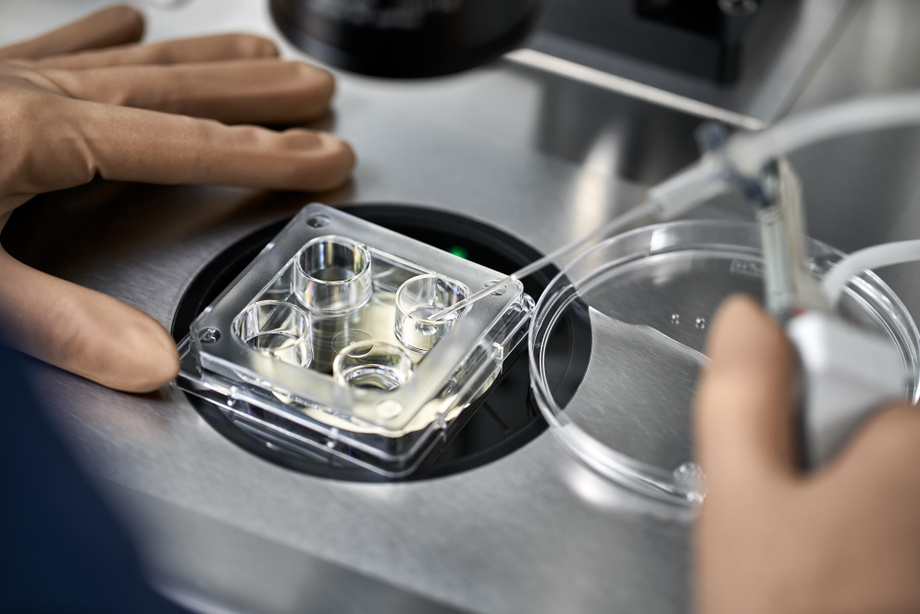Tool for Predicting Clinical Immunogenicity
An in vitro tool for predicting clinical immunogenicity of subcutaneously administered therapeutic proteins.
Immunogenicity, the propensity of a product to elicit an immune response to itself or related structures, has the potential to reduce or eliminate the therapeutic benefit it is intended to provide, and may even lead to adverse clinical events. Because of its potential impact on safety and efficacy of therapeutic protein products, evaluation of a product's immunogenicity is required by regulatory authorities (e.g. FDA and EMA). However, the predictive value of animal studies is low, and because immunogenicity can be based on product-, treatment- and patient-specific factors, evaluation of a product's immunogenicity risk can be challenging to accurately assess prior to clinical trials. In some cases, a product's immunogenicity may not be fully known until after it has been approved and used in larger patient populations over extended periods of time. There is an unmet need for a reliable tool that can be used to more accurately predict both the likelihood and level of clinical immunogenicity prior to administration in human subjects.
This University at Buffalo invention provides a tool that enables reliable measurement and prediction of a therapeutic protein's immunogenic potential based on mechanism-based markers, including those specific to its route of administration, namely via the subcutaneous route. The tool provides a stimulation index as well as an indication of immune cell migratory potential, both of which can be measured against a control and compared to those of approved therapeutic proteins. To date, the tool has been demonstrated with five proteins, including adalimumab (Humira™), emicizumab (Hemlibra™) and the SARS-CoV-2 spike subunit 1 'S1' protein, and the relative immunogenicity of each reflects that seen in the clinic.
 Source: Andriy Bezuglov, https://stock.adobe.com/uk/282287157, stock.adobe.com
Source: Andriy Bezuglov, https://stock.adobe.com/uk/282287157, stock.adobe.com
- Ability to predict clinical immunogenic response prior to administration in a human subject
- Provides mechanistic insights into the driver(s) of immunogenicity
- Can be generalized to a patient population or tailored to predict immunogenicity on a subject-by-subject basis
- Biomedical Research
- Drug and Vaccine Development
- Personalized Medicine
PCT/US2024/025944; US National application 19/478,694 filed on October 24, 2025.
In vitro.
Available for licensing or collaboration.
https://www.nature.com/articles/s43856-023-00413-7
Patent Information:
| App Type |
Country |
Serial No. |
Patent No. |
Patent Status |
File Date |
Issued Date |
Expire Date |
|